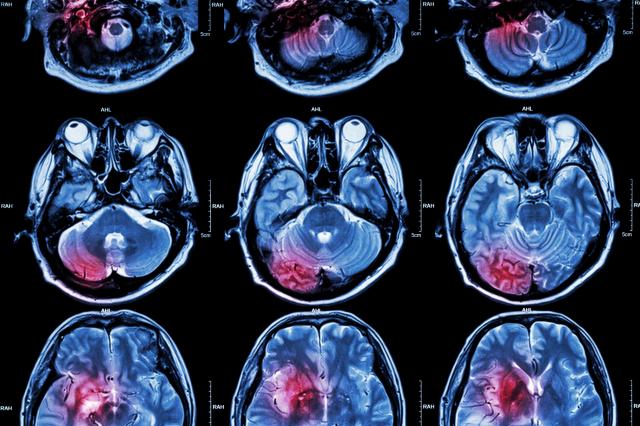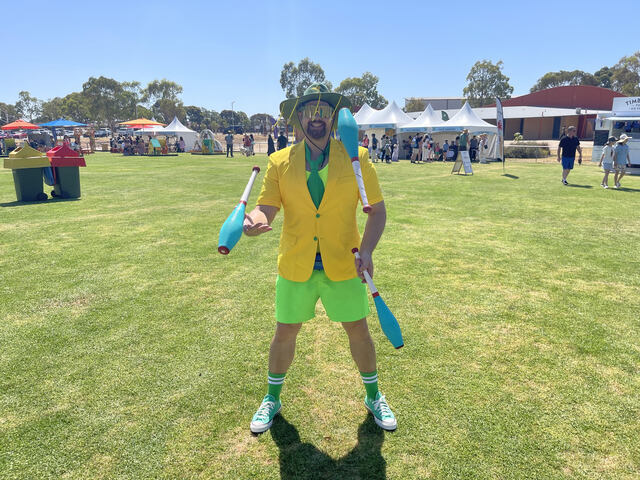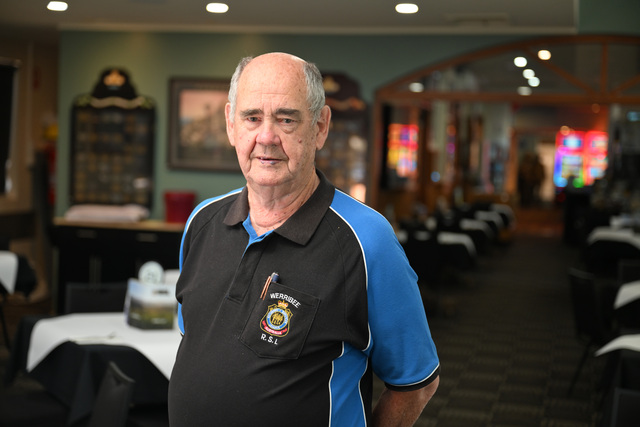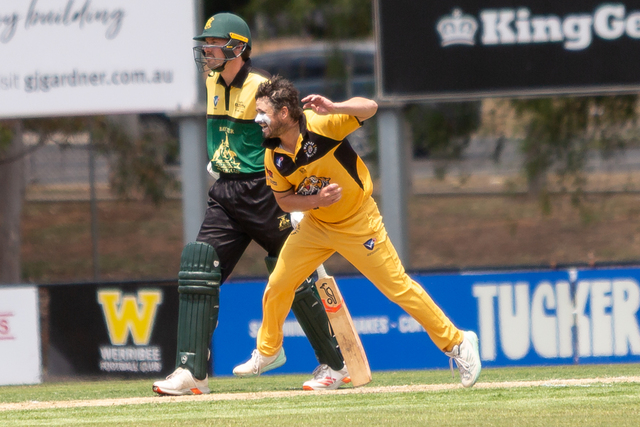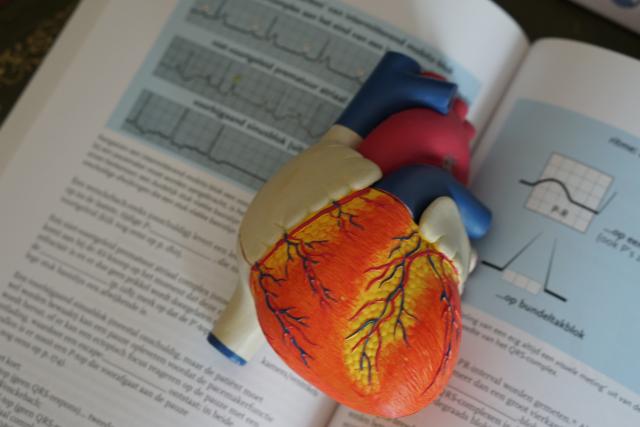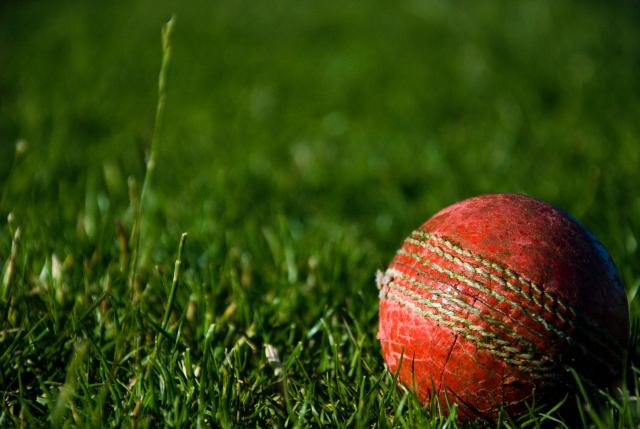A series of studies led by the UNSW’s Sydney Centre for Healthy Brain Ageing has presented new information to Wyndham residents as to the risk factors that lead to faster cognitive decline following a stroke.
The Stroke and Cognition Consortium (STROKOG) conducted nine studies across seven countries, with 1488 stroke patients with a mean age of 66 years were included in the study, with follow ups conducted for a median of three years.
“STROKOG is an international collaboration which brings together post-stroke cohort studies,” says Jessica Lo, the lead author and study coordinator of STROKOG.
“By performing analyses on combined datasets, this collaboration sets out to better understand the determinants of cognitive decline and dementia after stroke, as well as improve the diagnosis and treatment of post-stroke cognitive disorders.”
Though the loss of cognitive ability following stroke is common, the full extent of the effects of stroke on the brain and cognitive function remains undetermined.
“We discovered that the cognitive function of stroke survivors improves for a short period soon after a stroke and then decreases – beginning from around one year post-stroke,” Jessica says.
“The decline in stroke patients was small, but faster than that of individuals without stroke, and those with a second stroke during follow up had a much faster rate of cognitive decline.”
These discoveries have been deemed significant due to the implications they may have on the design of clinical trials preventing or slowing down post-stroke cognitive decline, taking initial improvement and subsequent decline into consideration.
The research justifies further investigation into the formation of strategies to decrease and prevent cognitive decline following stroke, according to Professor Perminder Sachdev, co-director of the Centre for Healthy Brain Ageing and co-author of the research.
“The traditional focus in stroke rehabilitation has been on physical recovery and speech therapy, and cognitive function has been relatively neglected,” Professor Sachdev says.
“This work provides additional evidence that cognitive assessment of stroke patients is important and their cognitive complaints should not be ignored.”
For further information on the analysis and involved organisations, visit www.cheba.unsw.edu.au/consortia/strokog.

